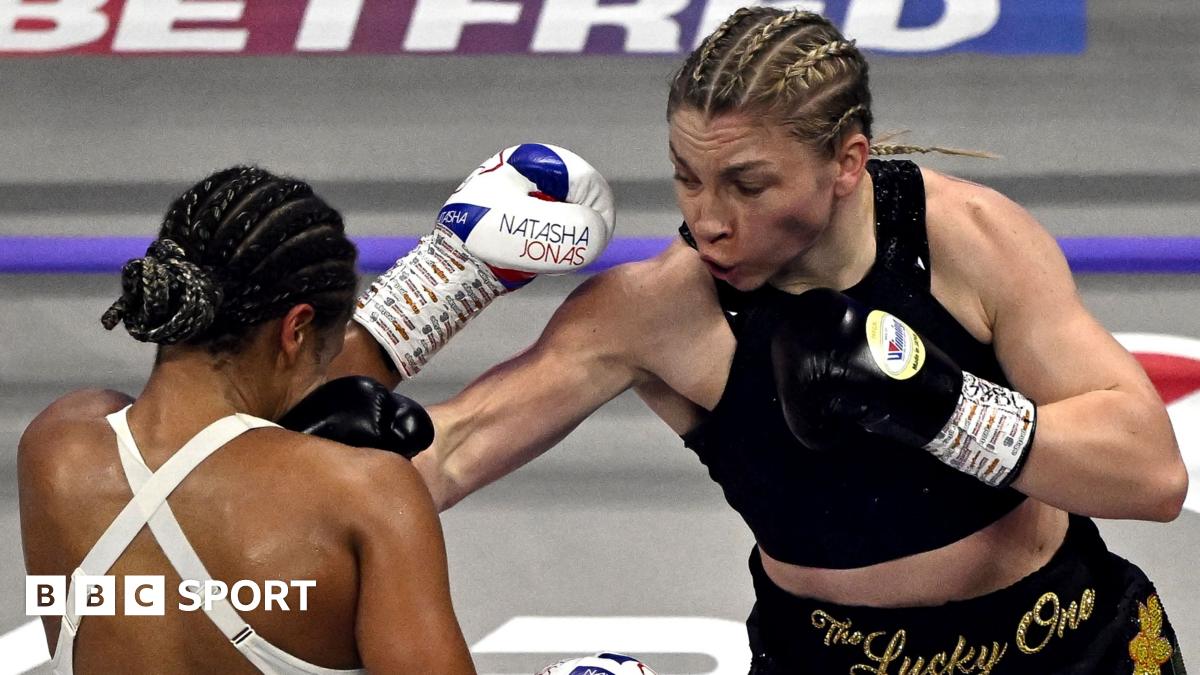Imane Khelif scribbled words onto the canvas with her hand after dropping to her knees in celebration. The Algerian boxer had just overcome Anna Luca Hamori in the Olympics to advance to the women’s welterweight semi-finals amid the gender controversy that clouds Paris 2024.
Khelif thumped the canvas in delight, relief painted across her face, she then fell into the arms of her adoring team. The tears flowed as she stumbled back to the dressing room. There would be no urge to speak to the media, but this was a moment of joy for the fighter and a ray of light amid a dark episode in the sport’s history.
After all the controversy and intense scrutiny surrounding her performances, her hopes of a gold medal are alive and well. Khelif, alongside Lin Yu-ting, was cleared to compete in women’s boxing in Paris, despite being disqualified by the International Boxing Association (IBA) last year at the World Championships for failing to meet eligibility criteria.
And while many questions are still unanswered, as Hungary’s International Olympic Committee (IOC) member Balazs Furjes suggested, demanding “consequences” from the Paris boxing competition, this was a brief happy moment for the fighter. The North Paris Arena has been where sport and politics have met, provoking a cloud of toxicity and largely uninformed judgments across social media.
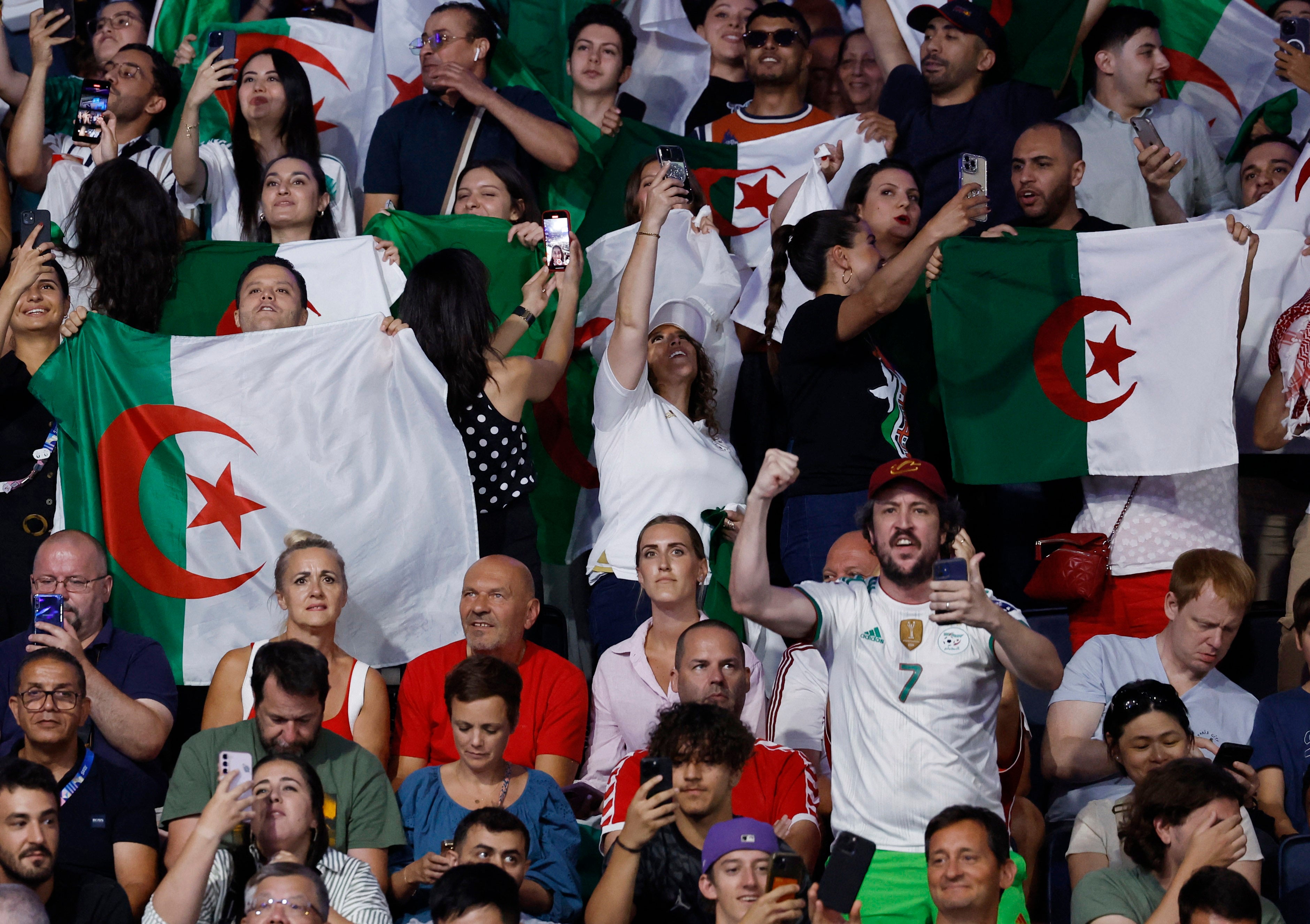
In a saga that has largely been devoid of kindness, it was heartening to arrive and witness the overwhelming support for a fighter experiencing immense scrutiny through no fault of her own. Everywhere you turned there was a dash of green and white from spectators sporting Algerian football shirts.
This complex situation is littered with arguments and counter-arguments. The hope will be that progress can be achieved on both sides with the bitter dispute between the IBA and the IOC causing plenty of collateral damage ahead of an uncertain path to Los Angeles 2028 for the amateur version of the sport.
There has been enough time already to reflect, too. Angela Carini raged that “it wasn’t right”, after withdrawing 46 seconds into her contest with Khelif and snubbed any kind of sporting embrace. But the Italian has already declared her intent to apologise, telling newspaper Gazzetta dello Sport that “all this controversy makes me sad”.
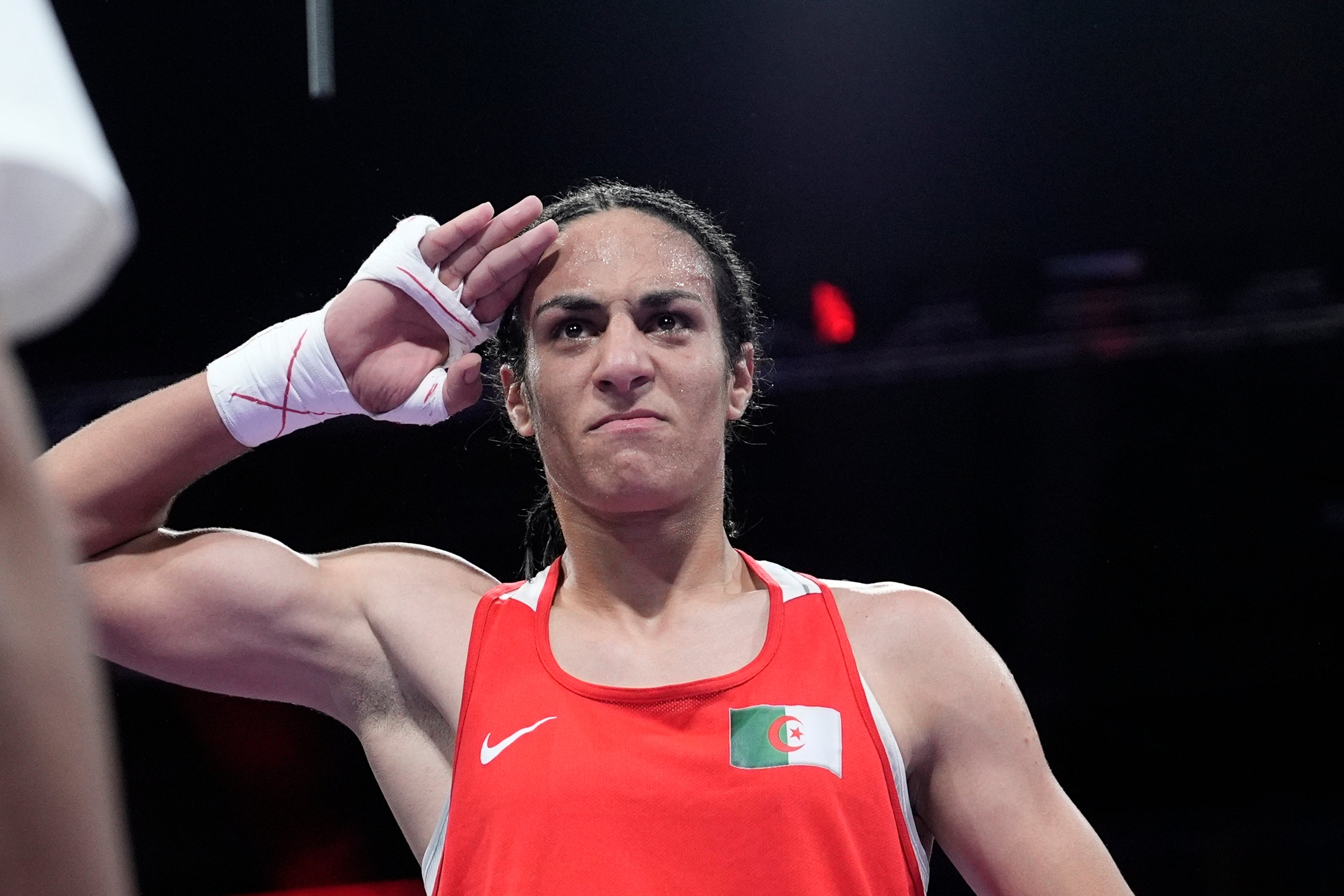
“I’m sorry for my opponent, too. If the IOC said she can fight, I respect that decision.”
It has been vital throughout this week to reiterate Khelif and Lin were born as girls and thus neither identifies as a transgender woman. It is also still unclear whether Khelif and Lin are DSD athletes [difference in sex development], as is the case in the notable cases of runners Caster Semenya and Christine Mboma. DSD people have rare conditions impacting their genes, hormones and reproductive organs, which may prove to give performance-enhancing benefits. The violent nature of boxing has naturally prompted more debate given the potential serious repercussions.
It has been an episode to underline the importance of patience too, when questions remain and the answers are not forthcoming.
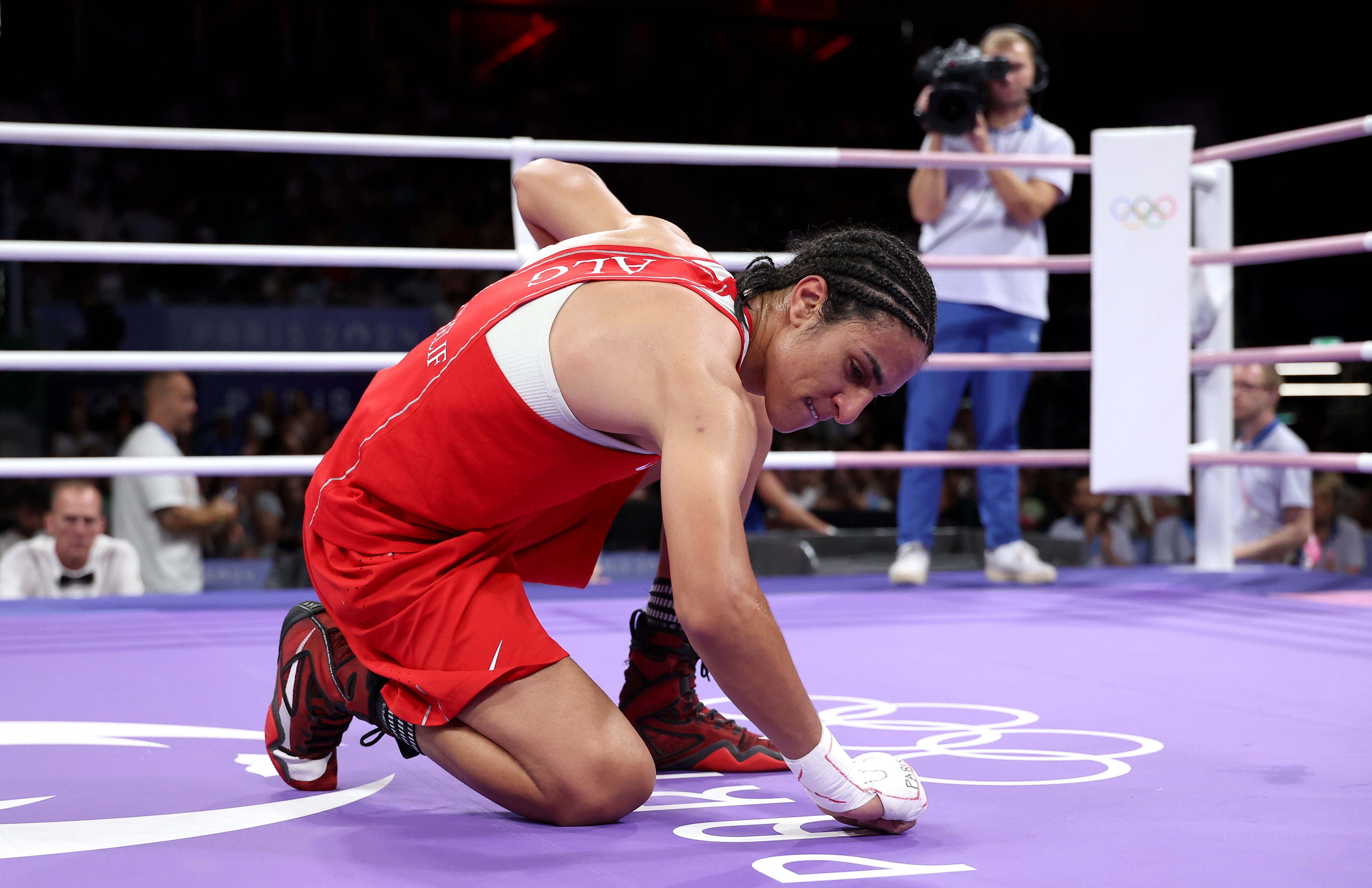
IOC president Thomas Bach continues to speak on the issue while struggling to bring clarity. Sadly that may not arrive until after the Olympics, ensuring more uncomfortable days for Khelif and Lin ahead.
“We are talking about women’s boxing. We have two boxers who were born as women, raised as women, who have passports as women and who have competed for many years as women and this is a clear definition of a woman,” Bach said on Saturday. “There was never any doubt about them being women.”
Yet Bach must realise there is an urgent need for a clear policy and plan to address an issue that has become increasingly common in sport. Confusion has surrounded the Games and the timeline for Khelif and Lin to compete in Paris. Given Bach’s involvement in the running of boxing, perhaps there is an opportunity to help align policies across sports.
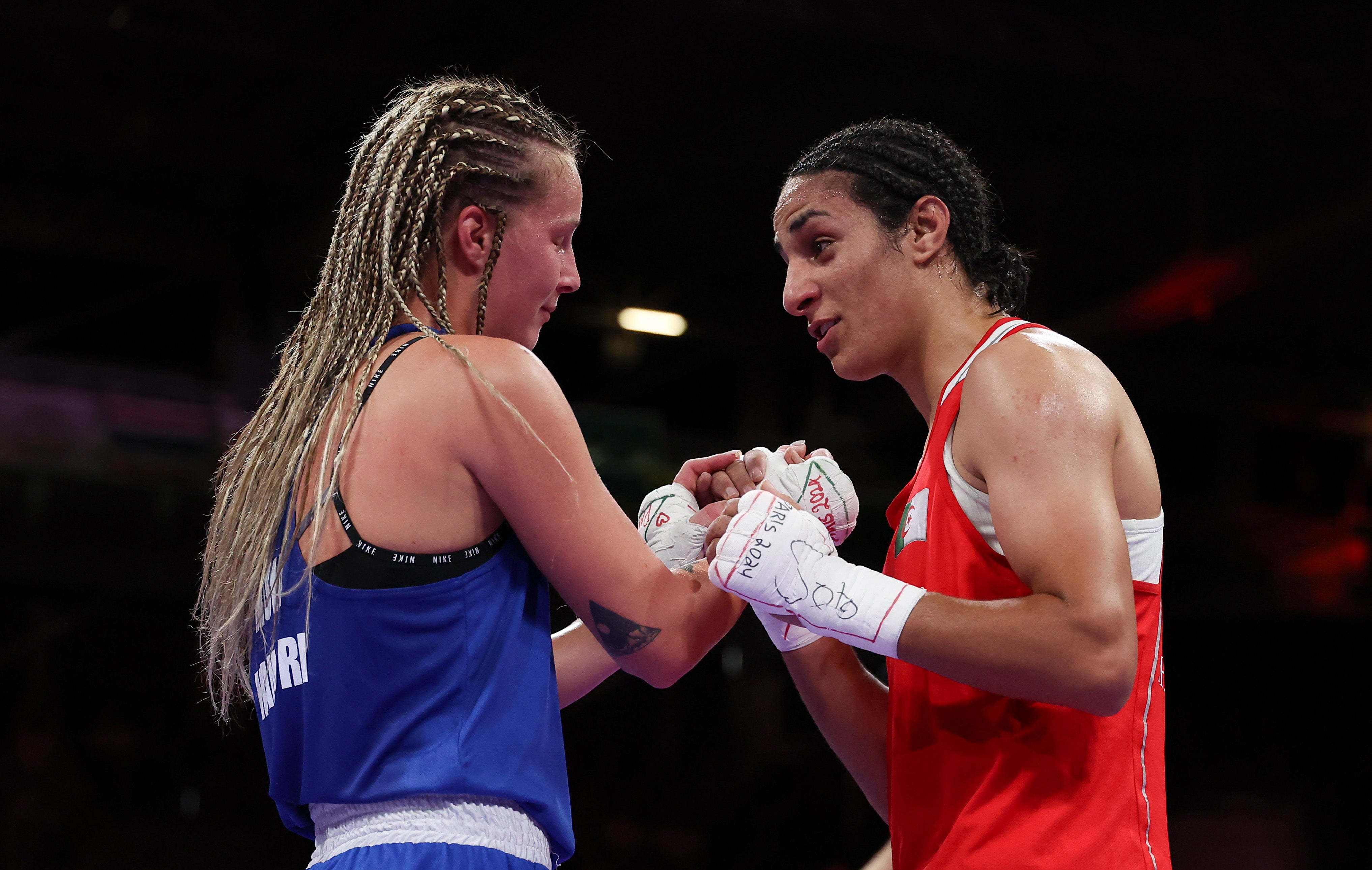
Khelif proved too good for Hamori in the ring, using her crisp jab to coast to a points victory, despite receiving a points deduction for holding.
“I’m so proud of myself,” Hamori said after defeat. “I had to fight and it was a hard fight, but a good fight, I’m so proud and grateful to be here. A very good competition for me and a childhood dream. I wish good luck to my opponent in the finals.”

